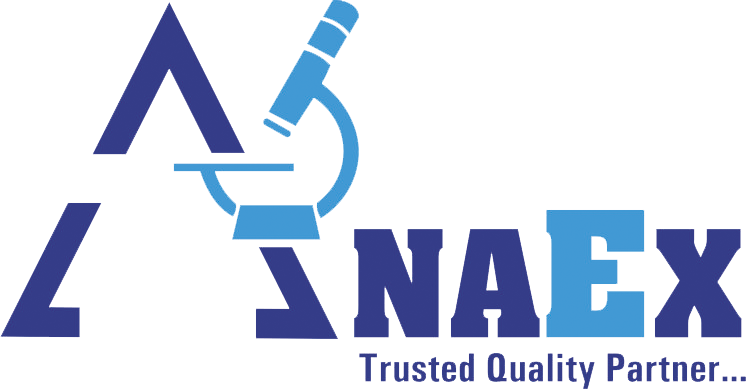AnaEx Academy
AnaEx Academy
Training Services / Certificate Course
Our Academy Division is dedicated to providing professional training to industry
professionals and students pursuing careers in the pharmaceutical sector. We offer:
- Industry-Relevant Courses (Pharmaceutical sciences, analytical techniques, regulatory practices)
- Project Work & Internships
- Job Assistance
- Training and Certificate course on sophisticated instruments like HPLC, GC, GC-MS, ICP-MS, UV-Visible spectroscopy etc.
- Certificate course for regulatory training
- Project work for B. Pharm, M. Pharm, B.Sc. and M.Sc student
Prepare for a successful career in pharmaceuticals and other healthcare industries with our hands-on training programs.
valuable training services and certificate courses
Offering training services and certificate courses is an excellent way to enhance skills and knowledge in various fields. Here’s a structured approach to developing and delivering effective training programs:
Identifying Training Needs
Market Research: Assess industry trends and demand for specific skills.
Target Audience: Identify the audience (e.g., laboratory personnel, quality assurance teams) and their specific training needs.
Skill Gap Analysis: Determine existing skill gaps through surveys or assessments.Course Development
Curriculum Design: Develop a structured curriculum that outlines learning objectives, topics, and outcomes.
Content Creation: Create engaging materials, including presentations, manuals, videos, and case studies.
Hands-On Training: Incorporate practical sessions or labs to enhance learning through real-world applications.Certification Process
Assessment Criteria: Define evaluation methods (e.g., quizzes, practical assessments) to gauge participants' understanding.
Certification Standards: Establish criteria for certification, ensuring it aligns with industry standards.
Issuance of Certificates: Provide certificates upon successful completion, enhancing participants’ credentials.Delivery Methods
In-Person Training: Conduct workshops or seminars at a physical location for hands-on experience and direct interaction.
Online Courses: Offer virtual training through platforms like Zoom or specialized learning management systems (LMS).
Blended Learning: Combine online and in-person training for flexibility and comprehensive learning.
Marketing the Course
Promotion: Utilize social media, email marketing, and industry networks to reach potential participants.
Partnerships: Collaborate with industry organizations or educational institutions to enhance credibility and reach.Feedback and Improvement
Post-Course Evaluation: Gather feedback from participants to assess course effectiveness and areas for improvement.
Continuous Updates: Regularly update course content to reflect industry changes and participant needs.Examples of Training Topics
Quality Management Systems (QMS): Fundamentals, implementation, and auditing.
Laboratory Safety Practices: Best practices for ensuring safety in laboratory environments.
Analytical Techniques: Training on specific techniques like chromatography, spectroscopy, or mass spectrometry.
Regulatory Compliance: Understanding GLP, GMP, ISO standards, and their application in laboratory settings.Certification Bodies
Accreditation: Consider seeking accreditation from relevant bodies to enhance the credibility of the certification offered.
Partnerships: Collaborate with recognized organizations for certification programs to boost legitimacy.
By focusing on these aspects, you can create valuable training services and certificate courses that meet industry needs and enhance participants’ skills and employability.
